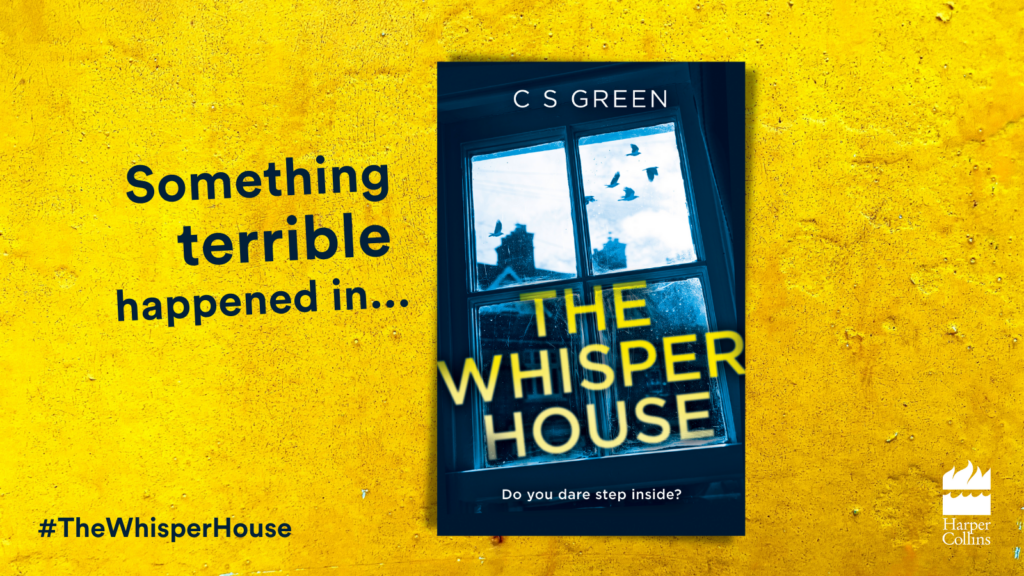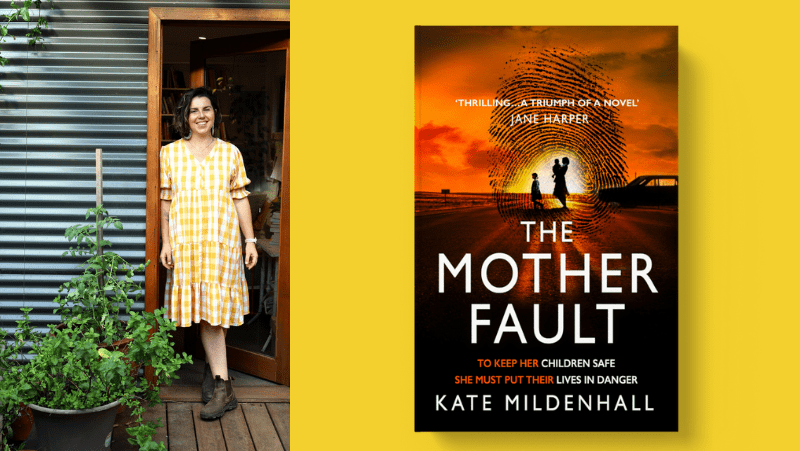The fact that we’re Americans writing about Britain isn’t unusual. Elizabeth George and Martha Grimes and Deborah Crombie—just to name a few—have trod the ground before us. Just as English writers like Rhys Bowen, Dick Francis, Lee Child have often chosen the States for their setting. Getting about Britain today to do one’s research is easy. Finding just the right spot for a setting is hard. What’s more, we’re writing about a different time. The Great War was a hundred years ago, and finding traces of that Britain is always a challenge. Buildings have changed, streets have changed, and even counties have been reorganized. What might have been a lovely village in 1914 is lost in the widening circle of bedroom communities around a larger town center next door. And yet that’s one of the fun things about research—you never know what you’ll find or where you’ll find it. We walked into a small shop on the High Street of a village in Suffolk—and there was a framed photograph of that very street in 1913, with the shop and its neighbors along the road. A stack of old postcards we discovered in a charity shop in Kent showed us what the square looked like before the War Memorial was built. In Essex someone remembered when the green had a duck pond. In Dorset we met a woman whose family had lived in that same village for generations and who remembered what it was like before the streets were paved. We’ve found wonderful bookshops and bought suitcases full of history and geography. A woman weeding around a gravestone in a Sussex churchyard remembered how changed her grandfather was after coming home from the trenches, and what her grandmother had told her about his long silences. Someone in Hampshire remembered the name of a hotel that had been demolished fifty years before. A man told us how frightened he was as a child having to cross a meadow where someone had been found dead. Then there was the man with a parrot in Lancashire, and a woman in Yorkshire whose aunt had had three husbands and what the gossips had had to say about that. Such stories give life to a place, and allows the writer’s imagination take over. This can’t be found by Googling or buying a book called Britain in Colour. And traveling there as a tourist is very different from spending time as a writer. You must walk to the corner that Bess turned and see for yourself what lay ahead of her down a tree-lined lane. Or follow Rutledge across a narrow bridge not nearly wide enough for his motorcar. What is it like standing on Beachy Head in a mist, where you can’t see which direction leads to the cliffs? What kind of trees grow in Shropshire? We’ve also found that you can fall in love with your subject. We’ve spent wonderful days on the trail of a story, met many very kind people, eaten some terrific meals in unexpected places, walked through marvelous gardens. And we try very hard to get it right. We owe that to our readers, and to the country we’ve adopted. Each year we look forward to the next trip over. This year it will be at the end of May, when the roses will be at their best, and in September, Scotland, to attend Bloody Scotland crime convention. This past autumn we lost our English cat Clarissa, who lived with friends who keep a bedroom ready for us. We’ll miss her sorely when we return. But there will be new ideas for our crime novels and short stories, and other memories we’ll come to treasure. As for the novels themselves, I don’t know that it matters where the author lives, if he or she has given the reader his money’s worth of mystery and suspense and great characters. That’s what we all look forward to when we sit down with a good murder.
Blog by Charles Todd
Charles Todd’s most recent book: A Fine Summer’s Day (An Inspector Ian Rutledge Mystery)
Look out for: An Unwilling Accomplice (A Bess Crawford Mystery)



